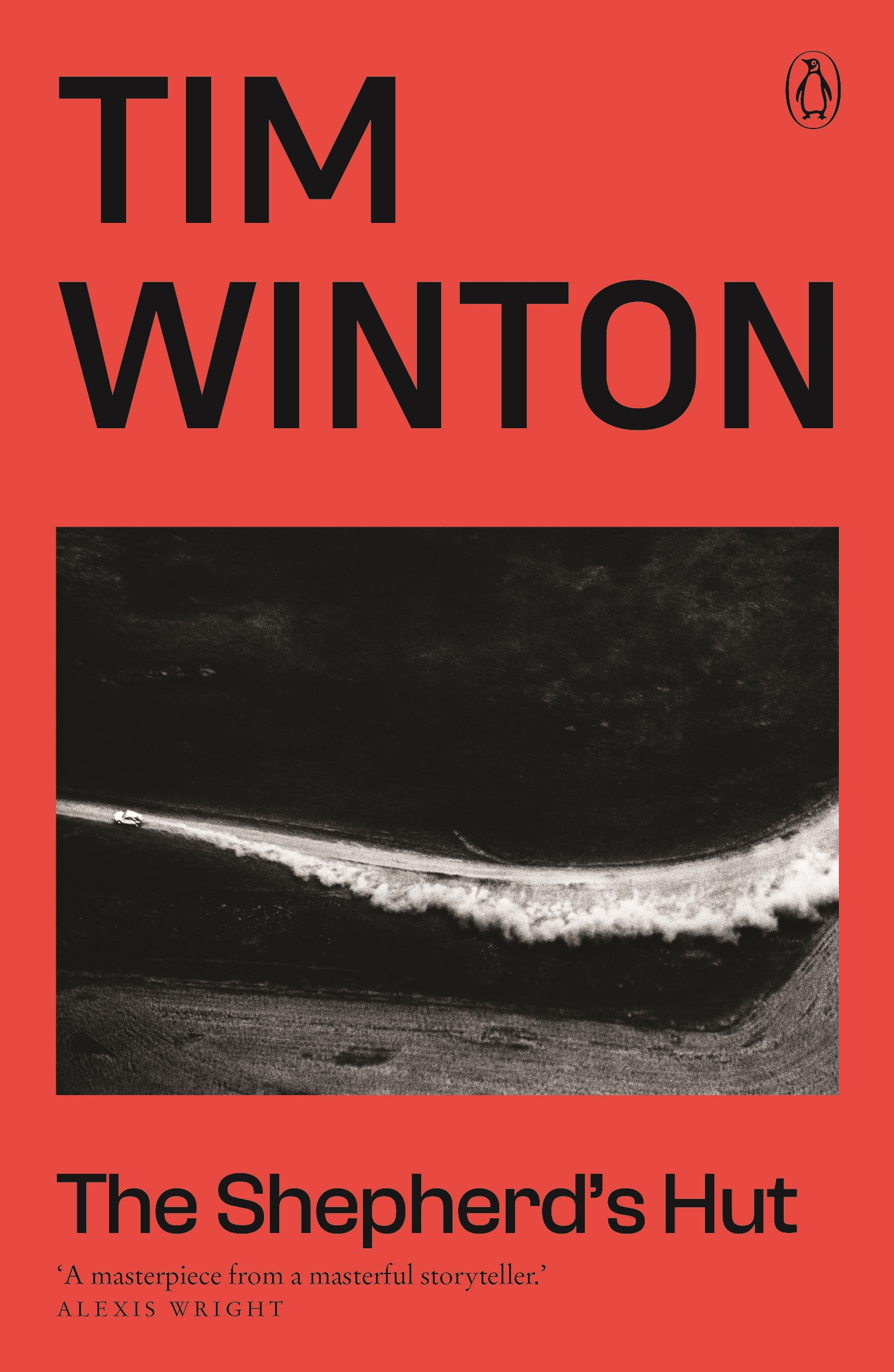The
hut is stumbled upon by 17-year – old Jaxie Clacton, victim, with his mother, of
lifelong violence at the hands of his father. The flight from a toxic home was
precipitated by the gruesome death of his father which, while accidental, is
likely to be blamed on Jaxie: it's no secret in the town that he despised the man
he calls ‘Captain Wankbag’, the definition of toxic masculinity, whose only
mate is the town cop.
In a
state of near starvation and dehydration which has overcome his bushcraft and
ability to hide, Jaxie is discovered by the hut's occupant – ageing,
self-sufficient, gentle Irish Catholic priest, Fintan McGillis.
In that
hut, despite his suspicion of the priest and single-minded resolve to reach his
girlfriend Lee, Jaxie appears to find the only real sanctuary of his life. Mateship
based on mutual need and grudging respect reaches undemonstrative but sincere affection.
Jaxie
eventually is driven to leave and continue his journey alone. That decision
leads to an excruciatingly ugly ending.
That
bare outline does not, however, come close to the true scope of the book. Tim
Winton never preaches, never provides simplistic solutions to the deep social
issues of Australian life; his characters are imperfect and sometimes
detestable, but always human in their struggles.
In
this story, through the reflections of a damaged adolescent, the reader
confronts the stark ugliness of domestic violence, exacerbated by toxic small –
town culture: Jaxie reflects bitterly on a community tolerant of his father's brutality
and dodgy business deals, but never came to the aid of his abused mother, who
was generally regarded as ‘…just another budgie-brain female too stupid to save
herself.’ However, Jaxie betrays a degree of ambivalence in his own thoughts
about his mother: why, he asks himself, did she not take him and escape in the
car? And, while never excusing the violence, the author slips in a reference to
the father's past military service.
During
Jaxie's lonely, hungry journey, his haphazard thoughts range through the irrelevance
of religion in real life, his casual racism (‘…goon-drinking darkies’), teenage
love and the taboo of incest because Lee, the beloved to whom he is running, is
his first cousin.
Until
the discovery of the hut, these reflections are all silent soliloquies. Then
the mystery of the exiled priest’s banishment from his church, and Jaxie's
revolted assumption of paedophelia, allow for the development of a character,
Fintan McGillis, not a ‘pedo' but burdened by some dark past event alluded to only
as witnessing a mass grave somewhere. Thus we are brought to a dialogue: the
gradual realisation by a disillusioned adolescent (and through him, the
reader) that not all priests are paedophiles, but sometimes tolerant and kind souls;
and that Fintan's former adherence to strict Catholic orthodoxy has dissolved
into a wider spirituality – in his case, the mysticism of a rock formation by
moonlight and the harsh beauty of the natural environment.
This
is a huge, wonderful, epic novel. Tim Winton, as always, sweeps away the
romanticised suburban notions of idyllic tree-change lifestyle in small towns
and the bush as brutally as a modern-day Henry Lawson. His use of the
Australian vernacular gloriously thumbs its nose at our cultural cringe, and
his descriptions of our unique landscape absolutely nail its harsh, beautiful
reality. No pretty picture postcards here – this is Australia.
Review by Helen.
